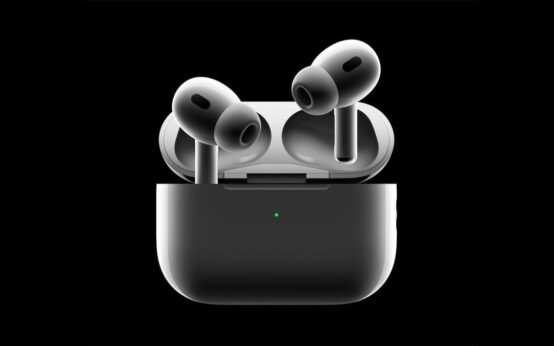Smartphones have become a big part of our daily lives. From messaging friends to shopping online, we use them for almost everything. But one area where phones especially iPhones have huge untapped power is health. Apple has spent years building health features into its devices, and many apps are designed to help users improve their fitness, manage medical conditions, track mental well-being, and even monitor heart health. The potential is massive. But the real challenge is not the technology it’s whether people actually use it.
The iPhone Is Packed with Health Tools That Most People Ignore
Over the past few years, Apple has added many health features into the iPhone and Apple Watch. There’s the Health app, which keeps track of things like steps, sleep, heart rate, menstrual cycles, and even blood oxygen levels. Apple has also worked with hospitals, researchers, and developers to create apps that can monitor chronic illnesses, send alerts during emergencies, or help people track medication. There are mental health tools that let you log emotions, breathing exercises, and mindfulness reminders. But despite all of these powerful tools, many users simply don’t open them. Some don’t know they exist, while others just don’t think to use them

.
Why People Aren’t Using Health Apps as Much as They Could
One of the main reasons people don’t use these apps is that they may not fully understand what the apps can do. Some people feel overwhelmed by the data or confused by medical terms. Others may worry about privacy or feel uncomfortable sharing personal health information with their phone. And in some cases, users just don’t see the benefit unless they are already dealing with a health issue. For example, someone with high blood pressure might find it helpful to track heart rate daily but a young, healthy user might not feel the need. The truth is, though, that even small efforts like tracking your steps or drinking more water can lead to long-term health benefits.
Health Apps Can Help Prevent Problems, Not Just Manage Them
What makes these health apps special is that they are not only for sick people. They can help prevent problems before they begin. For example, fitness tracking can encourage people to move more, which reduces the risk of obesity, diabetes, and heart disease. Sleep monitoring can help identify poor sleep habits, which are linked to stress and low energy. Mental health apps can remind users to take short breaks, practice deep breathing, or reflect on their feelings—all of which can lower anxiety over time. These small steps, if done regularly, can improve overall health and well-being.
Doctors and Researchers Are Starting to Trust These Apps
Another important point is that iPhone health apps are becoming more accepted in the medical world. Many hospitals now work with Apple to allow patients to share health data directly with doctors. This makes it easier for medical professionals to track symptoms and give better advice. Some researchers also use the data (anonymously and securely) to study trends in sleep, heart health, and mental wellness. This can lead to better treatments and understanding of diseases. As technology improves, phones may one day help detect illness early before symptoms even show up.
Apple Is Focusing on Privacy, but Users Still Need to Be Cautious
Apple has put a strong focus on privacy when it comes to health data. They allow users to control what information is shared and with whom. Unlike some other companies, Apple promises not to sell personal health information. But users still need to be careful. It’s important to read privacy settings, understand which apps have access to your health records, and make sure only trusted apps are installed. Knowing how your data is used can help build confidence in using these tools regularly.
The Future of Health Might Already Be in Your Pocket
Many experts believe that the future of healthcare will be much more digital. Phones and smartwatches may soon become part of everyday medical care. Instead of going to the doctor once a year, people might share real-time health data every day. Doctors could use this information to spot warning signs early, give better advice, and even prevent emergencies. But for this to happen, users need to be active participants. The tools are already here. It’s just a matter of learning how to use them and building daily habits around them.

 Trump Threatens 25% Tariff on iPhones and Other Smartphones
Trump Threatens 25% Tariff on iPhones and Other Smartphones  Apple Watch Shipments Drop, Facing Tough Competition
Apple Watch Shipments Drop, Facing Tough Competition  Apple Shifts Device Production to India and Vietnam
Apple Shifts Device Production to India and Vietnam  Russia Sues Apple Over LGBT Pride Wallpaper
Russia Sues Apple Over LGBT Pride Wallpaper  Apple Patents Touchscreen AirPods Case
Apple Patents Touchscreen AirPods Case  Is Apple developing AirPods with a camera?
Is Apple developing AirPods with a camera?